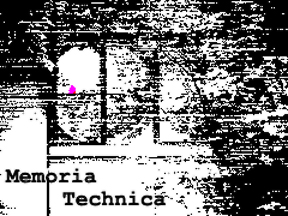|
|
labor day - no asters September 3, 2001 |
|||||||
|
|
||||||||
|
This
Year's Bird List: Today's
Reading: This
Year's Reading: Today's
Starting Pitcher: |
|
|
The Bread and Roses Labor Day Heritage Festival is Lawrence's moment in the sun or something. The 1912 strike against American Woolen changed US labor laws. The name of the festival, "Bread and Roses", comes from the title of a poem written by James Oppenheim in 1912 about the Lawrence textile strike (see September 1, 1997 entry). Ten thousand woman and children marched against brutal working conditions, long hours and insufficient wages. Tom Russell, a play about the 1912 strike written by a group of high school students and performed by the Proscenium Arch Theater Company, Siucra, and my favorite discovery of the day Yankee Notions. We missed Mark Schorr and the other poets reading. Between scenes of the play, the actors would sing either Bread and Roses or The Internationale. This is my second labor day this year, since I was in Budapest on May 1. I just recently finished reading Anna Édes, a long out-of-print classic Hungarian novel that Nancy found for me in a new used book store near Brown. It takes place in Budapest just after the end of WW I and just after the Bolshevik Bela Kun has been kicked out. Anna is a young peasant woman from the Lake Balaton region who comes to work as a maid for the Vizys. The Vizys are a middle-class couple trying to regain their social standing after the revolution, counterrevolution, and coping with the Romanian occupation. Mr. Vizy is a petty bureaucrat trying to reestablish himself in the petty bureaucracy of some ministry or other. Mrs. Vizy is obsessed with finding the perfect maid. The Vizys are repellent. Pathologically self-absorbed doesn't even begin to cover it. Mrs. Vizy treats Anna like property, terrorizes her through weird psychological manipulation, humiliates her and is just plain oblivious to her humanity. Not only that, the Vizy's ne'er do well nephew takes sexual advantage of her. Even I who often struggle with metaphors and symbols in novels recognized the metaphor for the class struggle and all that stuff. I even saw Anna's victimization as a metaphor for Hungary itself. And boy did this novel ever make me feel like the Bolsheviks had a point. |
|||||
|
|
|
Copyright © 2001, Janet I. Egan |
|||||
